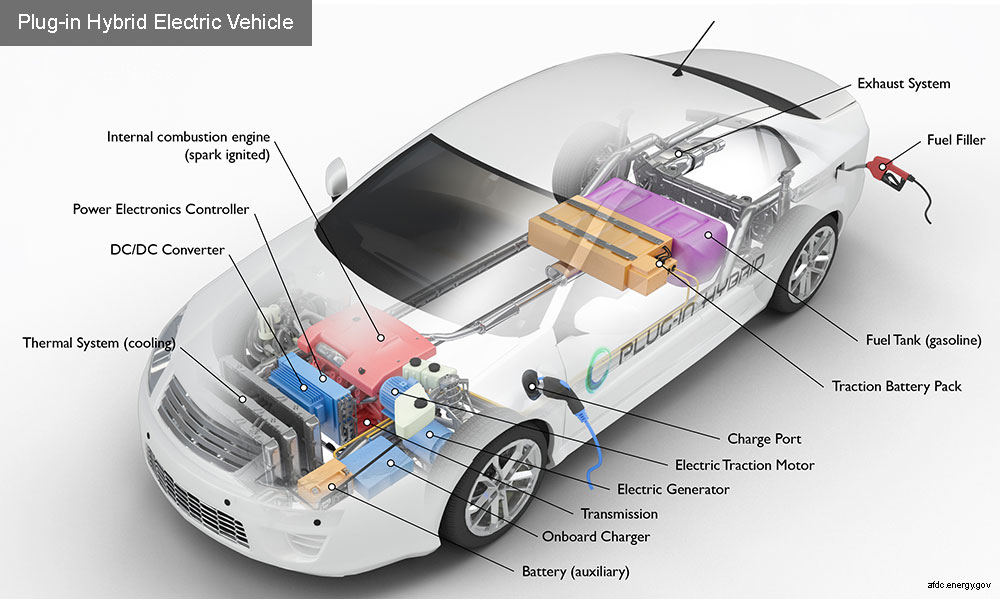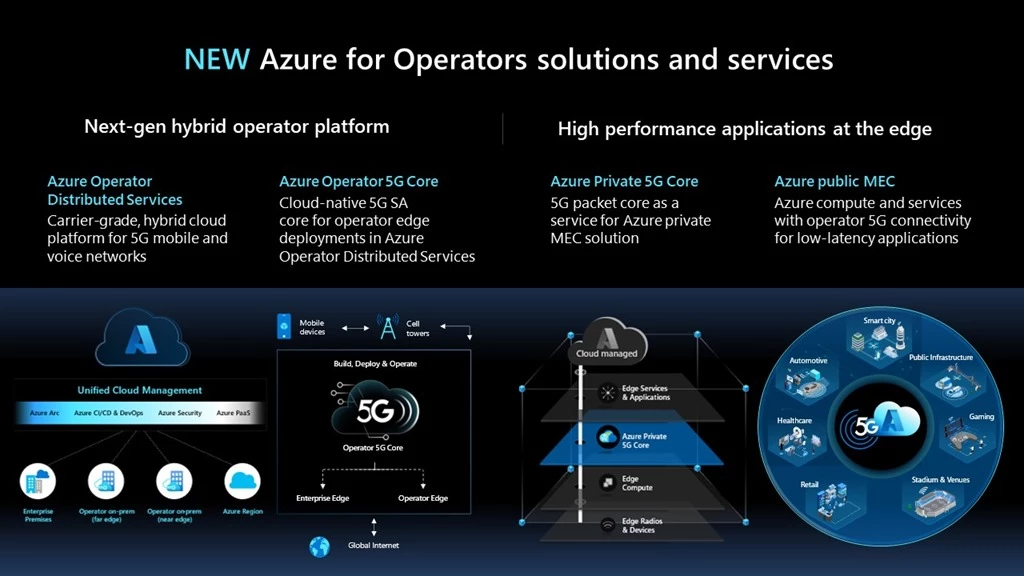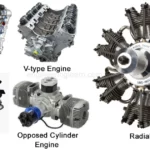Hybrid cars have been gaining popularity in recent years due to their ability to combine the benefits of both gasoline and electric power. In this article, we will delve into the world of hybrid cars, discussing how they work, different types of hybrid vehicles, and the advantages they offer over traditional gasoline-powered cars.
How do hybrid cars work?
Hybrid cars utilize a combination of an internal combustion engine (ICE) and an electric motor. The hybrid system allows the vehicle to switch seamlessly between the two power sources, optimizing fuel efficiency and reducing emissions. This is made possible through advanced technologies such as regenerative braking, which helps recharge the batteries while decelerating.

Credit: www.autonews.com
Types of Hybrid Electric Vehicles (HEVs)
There are several types of hybrid cars available in the market. Let’s explore some of the most common ones:
| Type | Description |
|---|---|
| Full Hybrid | A full hybrid car can operate using only the electric motor, the gasoline engine, or a combination of both. It offers the most flexibility in terms of switching between power sources. |
| Plug-in Hybrid | Plug-in hybrid cars have a larger battery capacity compared to full hybrids and can be recharged by plugging them into an external power source. This allows for longer electric-only driving range. |
| Mild Hybrid | Mild hybrids utilize a smaller electric motor to assist the gasoline engine. They cannot run on the electric motor alone but provide improved fuel economy and reduced emissions. |
Advantages of Hybrid Cars
Now, let’s explore some of the key benefits of owning a hybrid car:
- Improved Fuel Efficiency: Hybrid cars, thanks to their ability to switch between power sources, offer better fuel economy compared to conventional gasoline-powered cars. This translates to cost savings for owners.
- Reduced Emissions: The electric motor in a hybrid car helps reduce harmful emissions, leading to a smaller carbon footprint and contributing to a cleaner environment.
- Regenerative Braking: Hybrid cars employ regenerative braking technology, which converts the energy generated during braking into electricity and stores it in the battery. This further enhances fuel efficiency.
- Less Reliance on Fossil Fuels: By utilizing electric power, hybrid cars reduce the consumption of fossil fuels, contributing to long-term energy sustainability.
Common Misconceptions
There are a few misconceptions surrounding hybrid cars that we would like to address:
- Hybrid cars still use gasoline: While hybrid cars do have a gasoline engine, they are designed to optimize fuel efficiency by utilizing the electric motor as much as possible.
- No need for charging: Unlike fully electric vehicles, hybrid cars do not require external charging. The batteries in hybrid cars are charged through regenerative braking and while the gasoline engine is running.
- Variety of hybrid models: Hybrid technology is not limited to a specific brand or model. Many car manufacturers offer hybrid options across various vehicle types, including sedans, SUVs, and hatchbacks.

Credit: afdc.energy.gov
Frequently Asked Questions Of Hybrid Means Car: Unlocking The Power Of Hybrid Technology
Do Hybrid Cars Use Gas?
Yes, hybrid cars use gas. They primarily run on gas, but less often due to improved fuel economy from the electric motor.
What Is Difference Between Hybrid And Regular Car?
A hybrid car has both gas and electric motors, while a regular car only has a gas engine. Hybrid cars are more fuel-efficient due to utilizing both gas and electric motors for driving.
Do I Need To Charge A Hybrid Car?
Hybrid cars do not need to be charged. They seamlessly switch between electric and gas power, recharging through regenerative braking while running on gas. No need to plug in; simply refuel at a gas station.
What Is The Benefit Of A Hybrid Car?
A hybrid car combines a gas engine with an electric motor, achieving better fuel efficiency than conventional vehicles.
Conclusion
Hybrid cars are a compelling choice for individuals looking for a more fuel-efficient and environmentally friendly vehicle option. With the ability to switch seamlessly between gasoline and electric power, hybrid cars offer significant advantages over traditional gasoline-powered cars. Whether you opt for a full hybrid, plug-in hybrid, or mild hybrid, rest assured that hybrid technology continues to evolve, making hybrid cars an attractive option for years to come.







